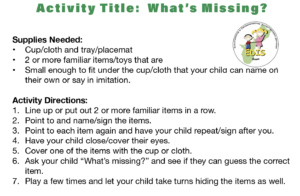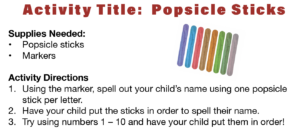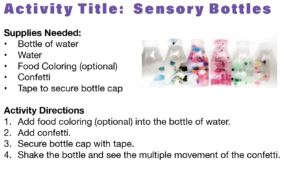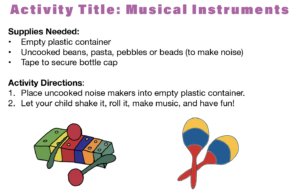












Guam Early Hearing Detection & Intervention
University of Guam Center for Excellence in Developmental Disabilities Education, Research, & Service
University of Guam Center for Excellence in Developmental Disabilities Education, Research, & Service (Guam CEDDERS)













Babies who have congenital CMV appear healthy at birth.
A few babies who have CMV who appear healthy at birth develop signs over time, sometimes not for months or years after birth. The most common of these late-occurring signs are hearing loss and developmental delay. A small number of babies may also develop vision problems.
The more common signs and symptoms in babies who have congenital CMV and who are sick at birth include:
Adults with weakened immune systems, might experience serious problems that affect your:
Healthy adults who are infected with CMV may experience few if any symptoms. When first infected, some adults may have symptoms similar to infectious mononucleosis, including:
See your doctor if:
CMV is related to the viruses that cause chickenpox, herpes simplex and mononucleosis. CMV may cycle through periods when it lies dormant and then reactivates. If you’re healthy, CMV mainly stays dormant.
When the virus is active in your body, you can pass the virus to other people. The virus is spread through body fluids — including blood, urine, saliva, breast milk, tears, semen and vaginal fluids. Casual contact doesn’t transmit CMV.
Ways the virus can be transmitted include:
Careful hygiene is the best prevention against CMV. You can take these precautions:
The Guam EHDI Project is currently funded through a grant contract awarded by the U.S. Department of Health and Human Services and the Guam Department of Public Health and Social Services (DPHSS).






Jean Anderson-Asuega, PsyD
Part C/EHDI Coordinator
American Samoa Department of Health
PO Box 7477
Pago Pago, AS 96799
Phone: 684-699-4990
Fax: 684-699-4984
Email: jean.asuega@helpinghands-as.org
Website: www.helpinghands-as.org
Dr. Angie Mister, CCC-A
EHDI Program Coordinator
PO Box 7074 SVRB
Saipan, MP 96950
Phone: 670-236-8709
Fax: 670-236-8700
E-mail: angie.mister@gmail.com
Website: Commonwealth Healthcare Corporation (CHCC)
Dionis E. Saimon
Project Coordinator
FSM EHDI Program
PO Box PS 70
Palikir, Pohnpei, FM 96941
Phone: 691- 320-2619/2872
Fax: 691-320-5263
Email: desaimon@fsmhealth.fm
Andita Meyshine
Chuuk State EHDI Coordinator
PO Box 39
Weno Chuuk, FM 96942
Phone: 691-330-4145
Email: amayshine@fsmhealth.fm
Denitha Palemar
Overall MCH Program Coordinator
Janet Fichwemang
CSHCN/EHDI Program Coordinator
Public Health Division
PO Box 148
Colonia, Yap FM 96943
Phone: 691-350-2115
Email: dpalemar@fsmhealth.fm
Yumiko Paul
Pohnpei State EHDI Coordinator
Phone: 691-320-2217
Email: ypaul@fsmhealth.fm
Patricia Melander
Kosrae State EHDI Coordinator
Public Health Division
PO Box 127
Kosrae, FM 96944
Phone: 691-370-3199
Email: pmelander@fsmhealth.fm
Po Kwan C. Wong
Newborn Hearing Screening Program Coordinator
Hawaii Department of Health
Genomics Section
741 Sunset Avenue
Honolulu, HI 96816
Phone: 808-733-9052
Fax: 808-733-9068
Email: pokwan.wong@doh.hawaii.gov
Website: http://health.hawaii.gov/genetics/programs/nhsp/
Chinilla T. Pedro, MBA
EHDI Coordinator, RMI
PO Box 145
Majuro, MH 96960
Phone: 692-625-2512
Fax: 692-625-2515
Email: chinilla@hawaii.edu
Kliu Basilius
Palau EHDI Coordinator
Bureau of Public Health, Family Health Unit
Ministry of Health
P.O. Box 6027
Koror, Palau 96940
Phone: 680-488-2212
303 University Drive
House 22/23 Dean Circle
Mangilao, GU 96913
Phone: (671) 735-2466 • TTY: (671) 734-6531
Fax: (671) 735-2436